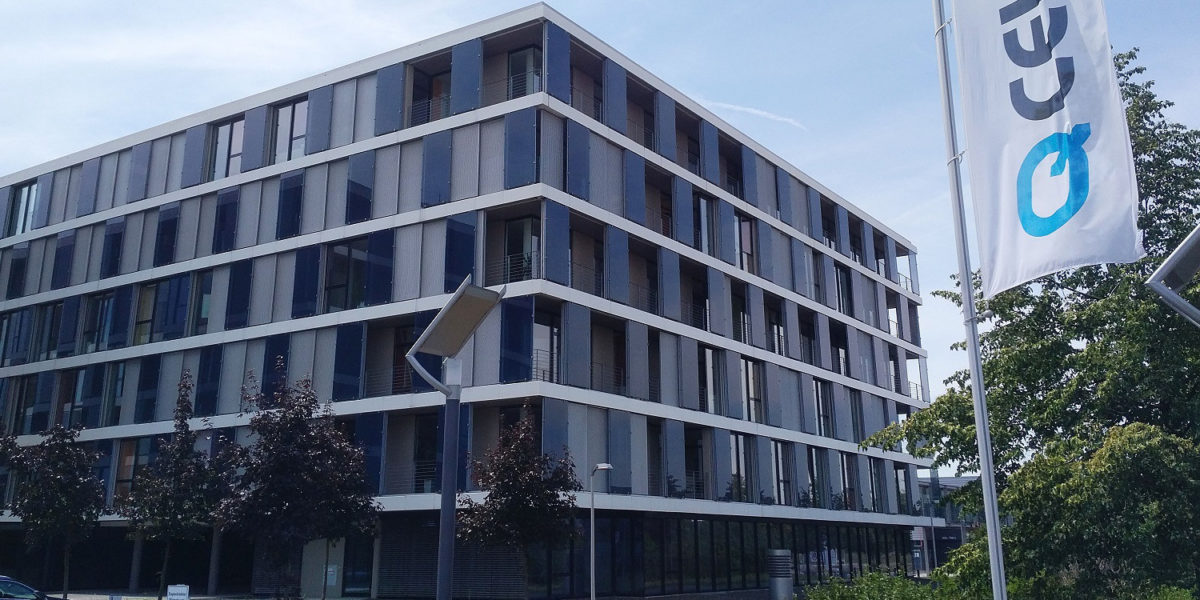Hanwha Q-Cells was able to achieve another partial success in its several patent disputes.
In July and August 2019, Longi Solar filed two nullity proceedings against the South Korean photovoltaic manufacturer with the Chinese Patent Office's Examination and Invalidity Department (CNIPA) and alleged that Hanwha Q-Cells' patents relating to high-efficiency silicon solar cells were invalid.
The Chinese Patent Office decided in favor of Hanwha Q-Cells at the beginning of the month and confirmed the validity of the patents. “This win is a truly valuable achievement given that Q Cells' exclusive technology has been recognized not only in the solar power sales markets but also in the production markets,” said Hanwha Q Cells chief technology officer Daniel Jeong.
Hanwha Q-Cells sued three competitors, in March 2019 – JinkoSolar, REC Solar and Longi Solar itself – for patent infringement in Germany at the Düsseldorf Regional Court for the European equivalent of one of the two patents now confirmed by the Chinese Patent Office (‘971, equivalent European patent EP 2 220 689).
The judges ruled in favor of Hanwha Q-Cells in the first instance in Germany, in June. In October 2020, Hanwha Q-Cells moved to enforce the decision against Jinko Solar, which it claims has failed to comply.
In Germany, the three manufacturers have appealed against the Düsseldorf ruling made on June 16, with the appeal yet to be heard. There is also a pending challenge against the validity of the Hanwha patent concerned, at the European Patent Office.
Longi Solar has not responded so far to pv magazine request to confirm the verdict.
*The article was updated on November 17 to reflect that the lawsuit started in March 2019 was initiated by Hanhwa Q Cells, and not by JinkoSolar, REC Solar and Longi Solar as we previously reported.
This content is protected by copyright and may not be reused. If you want to cooperate with us and would like to reuse some of our content, please contact: editors@pv-magazine.com.




1 comment
By submitting this form you agree to pv magazine using your data for the purposes of publishing your comment.
Your personal data will only be disclosed or otherwise transmitted to third parties for the purposes of spam filtering or if this is necessary for technical maintenance of the website. Any other transfer to third parties will not take place unless this is justified on the basis of applicable data protection regulations or if pv magazine is legally obliged to do so.
You may revoke this consent at any time with effect for the future, in which case your personal data will be deleted immediately. Otherwise, your data will be deleted if pv magazine has processed your request or the purpose of data storage is fulfilled.
Further information on data privacy can be found in our Data Protection Policy.